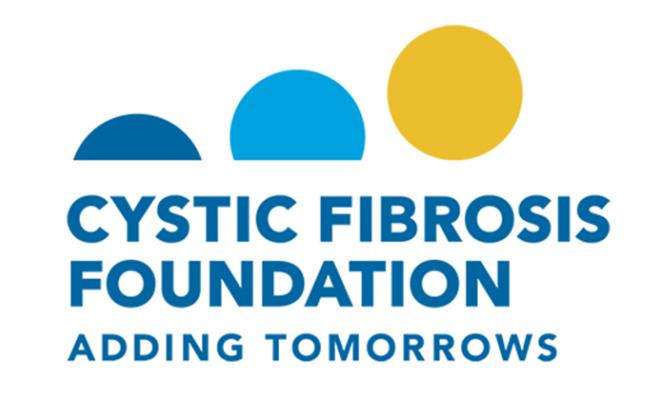Updated on April 19, 2018 -- Since the original publication of this blog post, a study has been published in the March 2018 issue of a journal published by the American Thoracic Society. The results support preliminary findings (described below) where a survival gap between people with CF in the United States and Canada is narrowing within younger age groups. Although there have been improvements in nutritional status and lung function for both Americans and Canadians with CF, Americans born after 1990 have higher BMI, an improvement that has continued over time.
Our analysis, a comparison of patient registry data that was published on the Annals of Internal Medicine website, found that the median age of survival for people with cystic fibrosis in the United States and Canada has increased over time; however, Canadians with CF were living on average about 10 years longer than their U.S. counterparts. We offer some possible explanations for these findings, which may help improve care for people in the U.S.
Why Did We Do This Study?
With funding from the Cystic Fibrosis Foundation, we began the study after looking at the patient registry reports for both countries in 2011. The Foundation's Patient Registry showed differences in the median survival age when compared to the Canadian Registry. The way registry data is entered and analyzed can differ between countries, which can make a direct comparison difficult. We did not know how much of an impact the differences had on this gap, and we sought to determine whether combining the data and using the same approach to calculate survival would affect these differences.
A Bit About Patient Registries
The U.S. and Canadian CF patient registries collect a range of health information about people with CF who agree to participate in them. This information is used to study health trends in the CF patient population, inform how care is provided, design clinical trials, and guide quality improvement work at care centers.
What Did We Find?
First, the good news: The study found that the median age of survival for people with CF in the U.S. and Canada is improving -- but more so for Canadians. The first question to ask is, “Why?” Although the study wasn't designed to answer that question, analyzing the study data has given us a few ideas, including how the countries differ in the following:
- Approaches to lung transplantation
- Access to health care
- Approaches to early nutrition in the 1970s
Lung Transplantation
Our data suggested that there were proportionally more lung transplants performed in Canada compared to the U.S. There is a substantial difference in how people are prioritized on the transplant list between the two countries. The U.S. system for allocation was put in place in 2005, which happened to be a point at which we noted a significant widening of the survival gap.
Health Insurance
Health insurance status also seemed to affect survival. Canada has universal health care coverage, but the U.S. system is a combination of private and public health insurance. The data showed that people in the U.S. who:
- Had private insurance did not have an increased risk of death compared to Canadians
- Were on Medicaid/Medicare or whose health insurance status was unknown or who had no health insurance had a higher risk of death compared to Canadians (Medicaid provides a vital source of coverage for half of children and one-third of adults with cystic fibrosis)
Nutrition
Nutrition and lung function have been shown to be predictors of survival. In the 1970s, Canadians with CF were encouraged to eat a high-fat diet, which is associated with improved nutrition. The early implementation of the diet may have contributed to the survival gap because Canadian children born in the 1970s and early 1980s likely benefitted from that early exposure as they grew older. Learning from the Canadian practice, the U.S. implemented this approach to nutrition in the late 1980s. This practice is now standard around the world.
What More Are We Doing?
More needs to be done to better understand how these factors affect survival, and research is underway. The ongoing Canadian-U.S. collaboration is focusing on differences in lung function and nutrition among three age groups (6-19 years, 20-40 years, and 40 years and older), and how these have evolved over time.
Preliminary findings presented at the 2016 North American Cystic Fibrosis Conference showed that in 1990, Canadians with CF had better lung function and body mass index (an indicator of nutritional status) than Americans. However, from 1990 to 2013, the rate of improvement was greater in the U.S., so that by 2013, the gap between the two countries in these measures appears to have closed. Researchers in both countries are also examining the role of lung transplants in survival and in 2016, the CF Foundation launched an initiative to improve the results for lung transplants for those with CF in the U.S.
Stephenson AL, Sykes J, Stanojevic S, Quon BS, Marshall BC, Petren K, et al. Survival Comparison of Patients With Cystic Fibrosis in Canada and the United States: A Population-Based Cohort Study. Ann Intern Med. [Epub ahead of print 14 March 2017] doi: 10.7326/M16-0858. Copyright © 2017 American College of Physicians (ACP). Access to this article through the CF Foundation website (www.cff.org) is provided for personal, non-commercial use.


